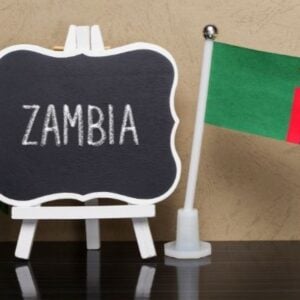Senior UN officials and young advocates marked the International Day of the Girl Child with declarations, dialogue, and a show of solidarity for girls whose voices have been silenced, particularly in Afghanistan and other crisis-affected regions. Sixteen-year-old Nafisa from Ghana shared the story of a friend forced to leave school due to conflict but who continued learning through a study group, highlighting the determination and resilience of girls worldwide. She emphasized that despite adversity, girls are strong, determined, and never give up.
The event celebrated this year’s theme, We are Here: Bold, Diverse, and Unstoppable – Demanding Action for Girls’ Rights, encouraging participants to envision a world where every girl can learn, lead, and live without fear. Andrea, a virtual moderator from Bolivia, noted that girls across different countries and languages share a common dream of empowerment and mutual support. UN General Assembly President Annalena Baerbock urged girls to follow their passions wholeheartedly and not allow societal, cultural, or personal barriers to silence them.
The commemoration also reflected on the ongoing challenges faced by girls three decades after the Beijing Declaration and the World Programme of Action for Youth. Michael Gort, Deputy Permanent Representative of Canada to the UN, highlighted that girls continue to suffer the consequences of climate change, armed conflict, food insecurity, and systemic gender-based violence, calling on governments and the international community to move beyond promises and deliver tangible results.
Solidarity was a central theme of the event, with moments of silence held for girls in war zones, violent situations, and marginalized communities, represented by an empty “solidarity chair” on the podium. Participants, including Baerbock, took a symbolic “selfie of solidarity” with girls in Afghanistan, emphasizing global attention to their restricted rights.
UNICEF reiterated its commitment to girl-driven programs in over 80 countries, focusing on protection, health, nutrition, and economic empowerment. Lauren Rumble, UNICEF’s Associate Director for Gender Equality, highlighted that 10 percent of UNICEF’s annual $7 billion budget will be directed toward networks supporting girls and women, ensuring that resources empower them to lead change at scale. Markella, representing the Greek Orthodox Archdiocese of America, underscored the importance of solidarity and peer advocacy, encouraging every girl to support and uplift others, even without formal platforms or recognition.
The event reinforced the message that girls are agents of change and that meaningful investment, protection, and global solidarity are essential to ensuring their voices are heard and their rights realized.







